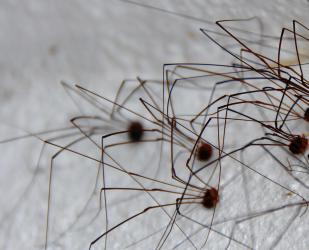- Other
15th International Course on Scientific Museography.
Thirty years have elapsed since ”la Caixa” Foundation’s Science Museum opened its doors in Barcelona. Following twenty-four years of activity and museological reflection, CosmoCaixa, as the museum is known today, came into being. Since then, it has received six million visitors as well as recognition from the European Museum Forum in the form of the European Museum of the Year Award 2006. Today it constitutes a benchmark institution for the adoption of a new museological philosophy based on a museographic language that brings together three elements: real objects, real phenomena and museographic metaphors.
The course takes an in-depth look into how science museums are conceived through conversations between museologists, experts, designers and architects, from the statement of intent to the day of opening. “Total Museology”, as it is called, seeks to build upon the idea that museums are instruments of social change in the era of globalisation, sustainability and the quest for harmony between civilization and nature. The course affords the opportunity to directly experience “best practices”, whether visible or not from inside museums, through a veritable immersion in CosmoCaixa.
Total Museology has been applied in approximately twenty large scientific exhibitions and is currently being applied in several brand new museum projects. These include the Museum of the Antarctic in Punta Arenas (Chile), the Museum of the Woods of Catalonia in Montseny (Spain), the Archimedes Museum in Syracuse (Italy), the Montevideo Science Museum (Uruguay) and the Climate Museum in Lleida (Spain).
The course has been recommended by a new institution: EMA, the European Museum Academy, particularly for professionals in planning, designing and building exhibitions and museums.

